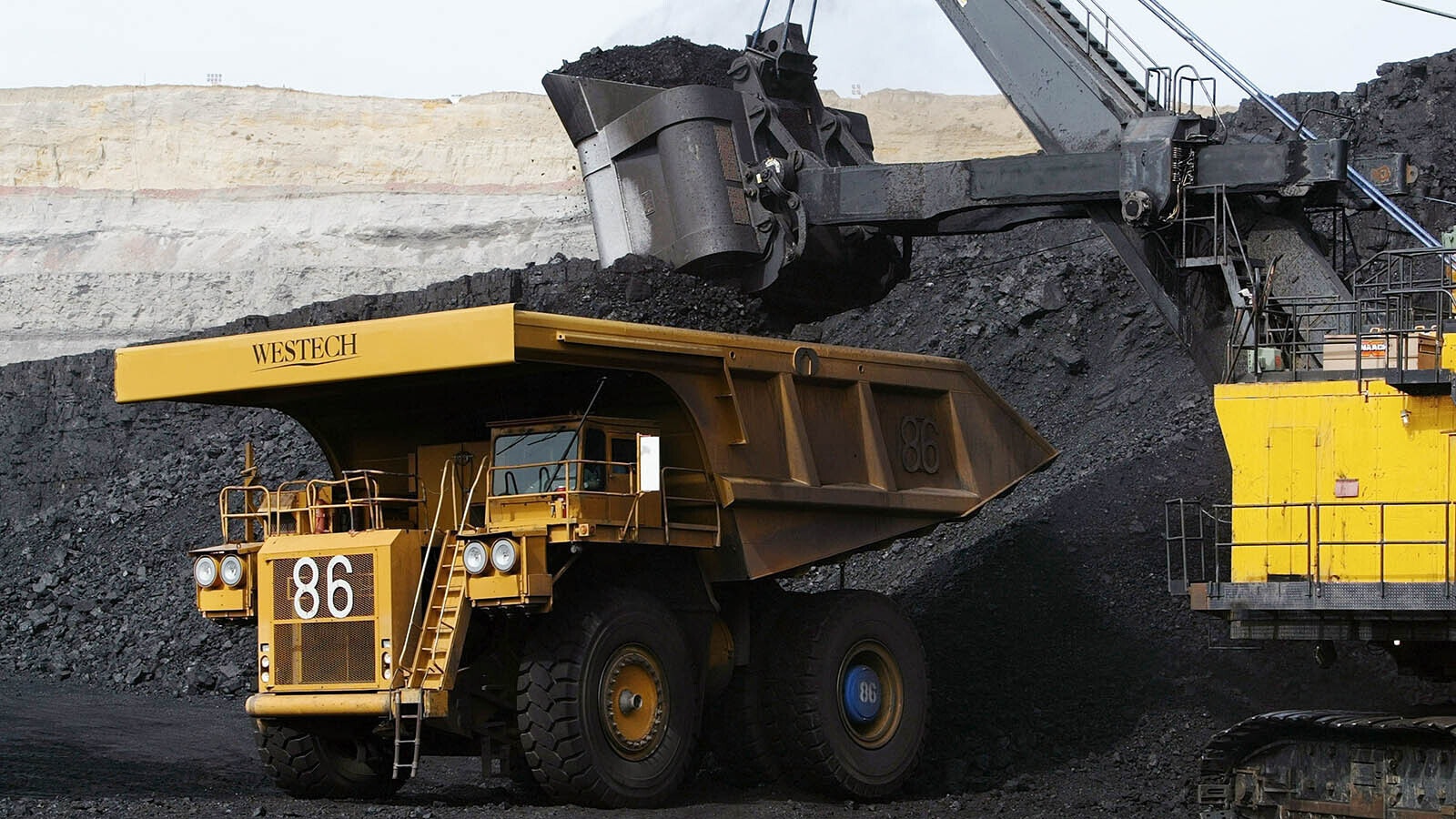With Wyoming positioning to become ground zero for a new U.S. nuclear power revolution, the Cowboy State is finalizing rules to expand its energy regulatory authority to include uranium and rare earths mining, aka “nuclear source material."
While the permitting process for nuclear plants and oversight of the fuel cycle rests with the U.S. Nuclear Regulatory Commission, Wyoming’s potential new rules are important because there’s a nuclear reactor coming to southwestern Wyoming in the next few years — the first in a long time.
Future Wyoming power plants may not necessarily find permitting easier, but subtle changes are coming at the state level that could deliver a competitive edge for radioactive minerals found in the Cowboy State. These so-called nuclear source materials will effectively streamline the nuclear fuel cycle by helping out with a domestic supply of the ingredients needed to make the fuel — which will continue to be regulated by the NRC.
TerraPower LLC’s nuclear fuel cycle for the reactor it’s building in Kemmerer, Wyoming, will remain under the responsibility of the NRC, which regulates all things nuclear, as will other power plants on the drawing board.
The subtle changes coming at the state level will touch on some of the critical minerals that may go into the fuel cycle or have a radioactive edge for other things being built in the military world or elsewhere.
The state’s Department of Environmental Quality (DEQ) is planning a final presentation on new draft rules that expand a self-regulating program on “nuclear source material” with the NRC — nothing to do with nuclear fuel that’ll get processed for TerraPower’s Natrium reactor.
A groundbreaking ceremony for that project is scheduled for June 10.
Change Began In 2023
There are 39 “agreement states" with programs that meet the NRC’s requirements for regulating nuclear material uses other than nuclear power. This can include the recovery of uranium and thorium, according to NRC spokesman Scott Burnell.
“Wyoming has been an agreement state since 2018 with regards to uranium recovery,” Burnell told Cowboy State Daily in an email seeking answers to questions about proposed changes in Wyoming’s agreement state status.
“Wyoming is seeking to amend its agreement to cover the incidental recovery of uranium and thorium during rare earth mining,” Burnell said.
The changes in Wyoming’s nuclear source material program are the result of a 2023 state law signed by Wyoming Gov. Mark Gordon that lay out the Cowboy State’s guidelines for permitting and regulating parts of the rare earth and critical minerals industries.
There are several rare earth minerals companies operating in Wyoming, and which are in various stages of launching major mining operations for critical elements and magnets in coming years.
The rare earth minerals bonanza is the result of consumers starved for magnet metals integral to the green transition to electric vehicles, wind turbines, consumer goods, robots and military drones, missiles and chips needed for sophisticated computing power.
The state’s growing uranium industry is seeing a surge in demand and has lined up in the state’s Red Desert and northeastern Wyoming to mine the strategic radioactive element from underground.
Spot prices on the commodity exchange for trading uranium have soared following intense demand for a domestic, homegrown supply of the mineral following efforts to cut off the gravy train for Russia, once America’s major supplier of enriched uranium.
Thorium, which is used to make ceramics, welding rods, heat resistant paint and metals used in the aerospace industry, as well as in nuclear reactions, is a naturally occurring radioactive metal found at trace levels in soil, rocks, water, plants and animals.
Radioactive Changes
In Wyoming last year, state lawmakers gave authority to the DEQ to promulgate regulations to become an agreement state with the NRC for the regulation of “source material.”
In a February 2023 letter sent by Gordon to NRC Chairman Christopher Hanson, the Republican governor wrote that Wyoming planned to expand its agreement with the NRC for licensing uranium mining and milling and the associated by-product material.
Comments on the DEQ’s finalized draft rules must be received by the state agency’s Land Quality Division by June 19, with an advisory board meeting taking up the topic on June 20. That’s when the advisory board will review a draft of all nine chapters of the proposed rules on the new source material program.
Some of the chapter topics will cover radiation protection standards, inspections, enforcement and penalties, licensing requirements for source material, and transportation of radioactive material.
“The public notice was for the rules for the new source material program, which will be an amendment to the existing agreement state program to include licensing of incidental recovery of source material from mining or milling operations,” said Brandi O’Brien, the DEQ’s uranium recovery program manager, in a statement to Cowboy State Daily.
“The NRC does not rescind authority to regulate nuclear power plants, so Wyoming cannot be granted regulatory authority over licensing for TerraPower,” she emphasized.
Pat Maio can be reached at pat@cowboystatedaily.com.





